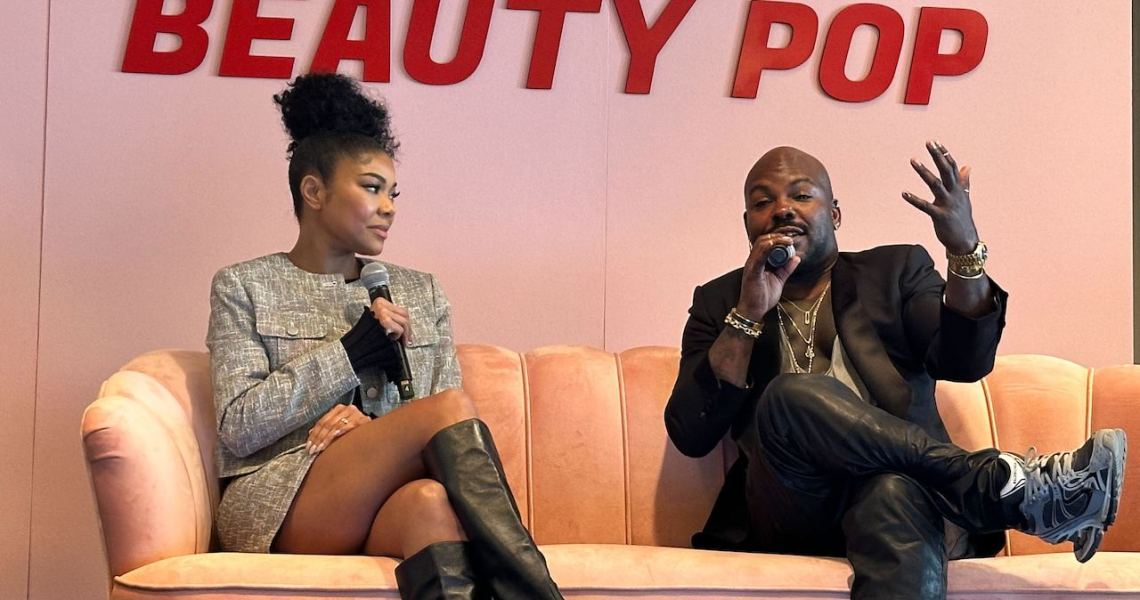Starting a brand from scratch these days is difficult. There are hundreds of things founders need to keep in mind in the crucial early days of a brand’s life.
For Gabrielle Union and Larry Sims, co-founders of the hair-care brand Flawless by Gabrielle Union, the most difficult thing was keeping their product in stock. In the first months or even years of a brand’s life, too much success can actually be a bad thing.
“You don’t have endless money,” Union said, speaking at the Glossy Beauty Pop event in Los Angeles on March 13. “If you’re selling wholesale, you might have a 25,000 order minimum with the retailer for each SKU. And if you sell out of the SKUs, you need to buy more to make sure you’re not sold out too long, but maybe you haven’t been paid yet for that first 25,000. Now you need to spend more money to make sure you’re not sold out too long.”
Union said retailers are supposed to pay for orders within 90 days but indicated that that rule was commonly ignored, a claim that drew calls of agreement from the crowd at the London West Hollywood hotel where the event was being held.
Slow payment from retailers is an increasingly common problem in both beauty and fashion. Saks Fifth Avenue was recently reported to be very late in paying its vendors, for example. For a young brand, the struggle of working with slow partners and trying to juggle inventory demands in the early stages can be a real challenge.
Union, who is also an actress, said she never wanted Flawless to be a “celebrity brand,” nor does she feel that her being famous had much of an impact on the brand’s success beyond initially opening a few doors. She said even brands with a famous face behind them need solid products or they won’t last.
“My name helped us find investors, but that’s it,” Union said. “We don’t have an endless well of money. We narrowed our profit margin and put money into developing the product because that’s what makes the brand special: the product.”
It takes time to build a brand, Sims said, noting that there was a full year when Flawless was being developed where they made no money from the project. That upfront investment requires patience, he said.
“It took a year and some change to develop the product line before we launched, and then just when we were ready, the pandemic hit,” Sims said. Ultimately, he and Union decided that Flawless’s low price point, with products under $10, would work well in an uncertain time period.
“We started with Amazon, then Sally Beauty, then Walmart, then CVS — all these big retailers,” Sims said. “That was great, but there’s a cost to working with them. It’s pay-to-play. But we do have a partnership with a big retailer coming soon that I think will change the narrative around how brands like ours work with retail.”




